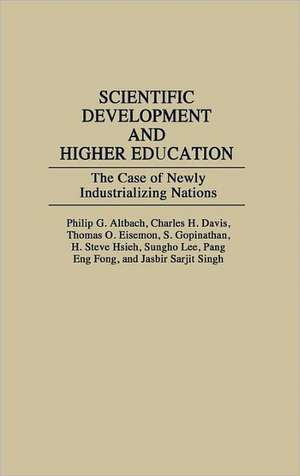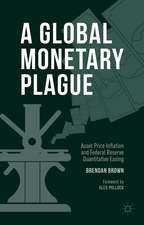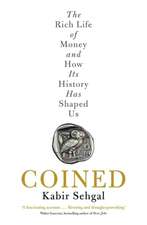Scientific Development and Higher Education: The Case of Newly Industrializing Nations
Autor Philip G. Altbach, Charles H. Davis, Thomas O. Eisemon, S. Gopinathan, H. Steve Hsieh, Pang Eng Fong, Jasbir Sarjit Singh, Sung Ho Leeen Limba Engleză Hardback – 25 iun 1989
This is the first book to provide detailed analysis of the relationship between higher education and scientific research in key Third World countries. Focusing on four of the most successful of the newly industrializing countries--Malaysia, Taiwan, South Korea, and Singapore--the authors examine the intersection between outstanding economic development in these four countries and the higher education and research establishments they have developed. The study combines careful analysis of the current status of scientific research in higher education with detailed ethnographic case studies of scientific work.
Based upon a two-year research effort sponsored by the National Science Foundation, the study presents a multifaceted approach to the subject, evaluating for each country: the organization of the universities and other scientific institutions; the scientists and administrators who work in these institutions; the research productivity and the relationship of basic research to applied uses in industry and commerce; the interactions of these institutions with scholars from Western Europe, Japan, and North America. The authors demonstrate that the nations under study are rapidly building a sophisticated scientific infrastructure and clearly recognize the importance of science for development. The book concludes with an enlightening discussion of how scientists publish their findings in these countries.
Preț: 441.97 lei
Preț vechi: 710.14 lei
-38% Nou
84.57€ • 90.44$ • 70.51£
Carte tipărită la comandă
Livrare economică 17 aprilie-01 mai
Specificații
ISBN-10: 0275932648
Pagini: 396
Dimensiuni: 156 x 234 x 24 mm
Greutate: 0.74 kg
Editura: Praeger
Colecția Praeger
Descriere
Based upon a two-year research effort sponsored by the National Science Foundation, the study presents a multifaceted approach to the subject, evaluating for each country: the organization of the universities and other scientific institutions; the scientists and administrators who work in these institutions; the research productivity and the relationship of basic research to applied uses in industry and commerce; the interactions of these institutions with scholars from Western Europe, Japan, and North America. The authors demonstrate that the nations under study are rapidly building a sophisticated scientific infrastructure and clearly recognize the importance of science for development. The book concludes with an enlightening discussion of how scientists publish their findings in these countries.
Notă biografică
PHILIP G. ALTBACH is Professor and Director of the Comparative Education Center, State University of New York at Buffalo.
CHARLES H. DAVIS is Science Advisor in the Science Council of Canada, Ottawa. THOMAS O. EISEMON is Professor and Director of the Center for Cognitive and Ethnographic Studies, Faculty of Education, McGill University, Montreal, Canada. S. GOPINATHAN is Head of the Department of Comparative Studies, Institute of Education, Singapore. H. STEVE HSIEH is Associate Director General of the Science-Based Industrial Park, Hsinchu, Taiwan, Republic of China. SUNGHO LEE is Associate Professor in the Faculty of Education, Yonsei University, Seoul, Korea. PANG ENG FONG is Associate Professor in the Faculty of Management National University of Singapore. JASBIR SARJIT SINGH is Dean of the Institute of Advanced Study, University of Malaya, Kuala Lumpur, Malaysia.











